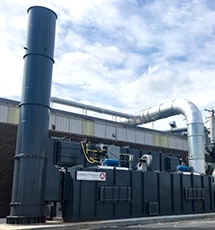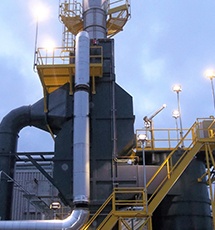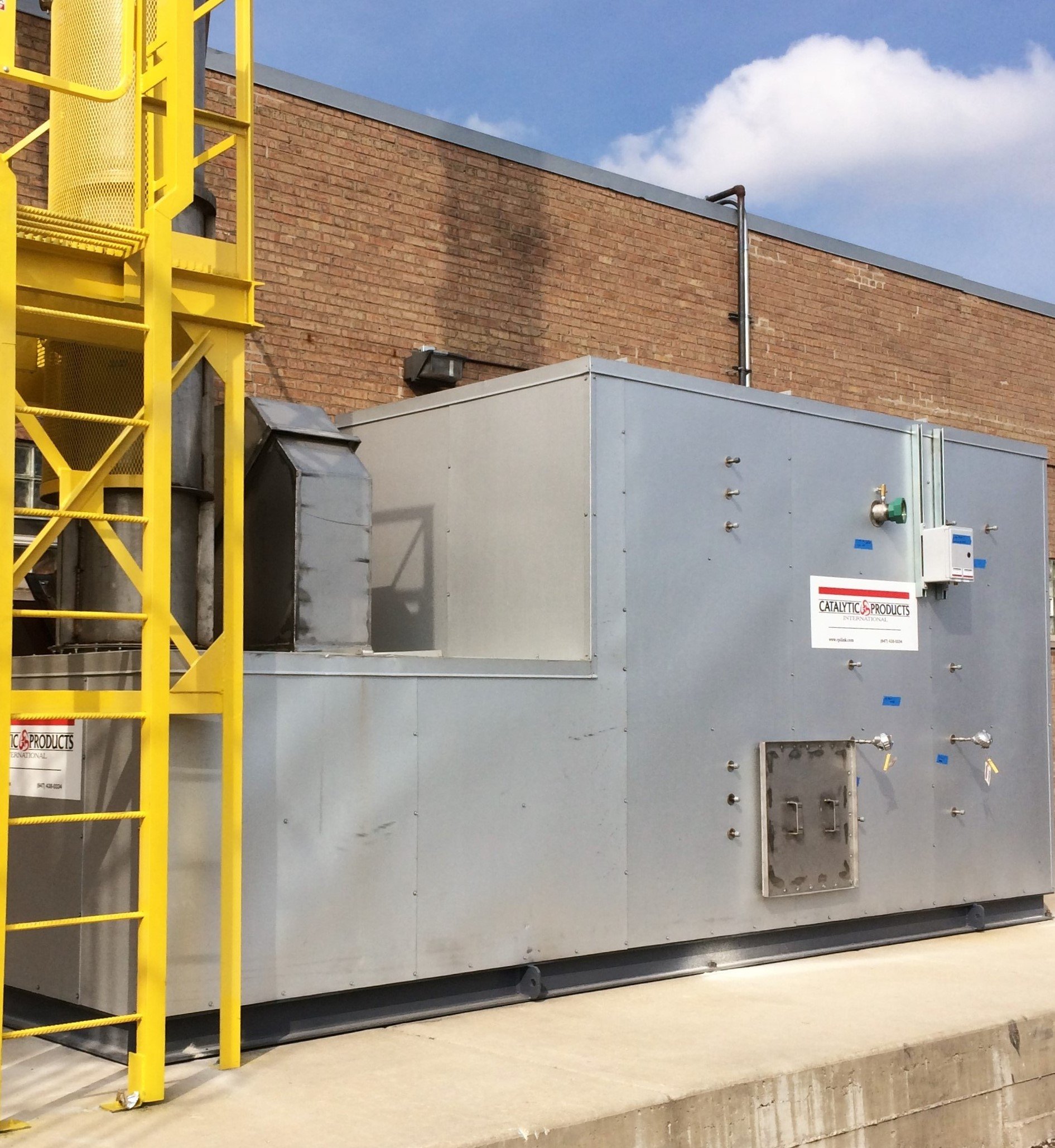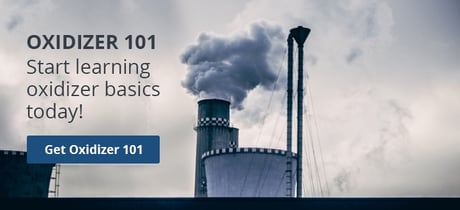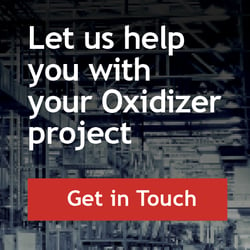Catalytic Products International has a rich history of innovation and expertise in the field of air pollution control technology, as well as a goal of providing our customers with the knowledge that will help them meet their air pollution control needs. As part of our ongoing series of blogs in which we interview members of CPI’s team, we spoke to Dennis Lincoln, the company’s former president (who is now retired).
Dennis began working with CPI in 1973, when he was hired by founder Erwin Betz and tasked with traveling to Germany to learn about the process of catalyst manufacturing. “After a few months of training, I understood the catalyst plating process, and when I returned, I worked to build a production facility in Rolling Meadows, Illinois,” Dennis said. “It took two to three years to build a business from the catalyst manufacturing process, and I worked as the manager of the facility. Later, I became general manager, then vice president, and then president. My hands on experience in the early years was invaluable; I understood the business from soup to nuts, which allowed me to run the business operations effectively when I was in executive positions.”
With Erwin acting as the company’s chemical engineer and idea man, Dennis began looking to expand into new areas. “A catalyst is a commodity that you have to put into something,” he said. “We had to rely on someone else to build those receptacles, and we were competing with other catalyst companies. After learning more about the incinerators used in air pollution control, we decided to start designing and manufacturing them. Since we only had a small company with 8-10 employees, this was a pretty ambitious undertaking.”
CPI began working in the field of air pollution control at a fortuitous time. “After the Clean Air Act was passed in 1970, the Environmental Protection Agency (EPA) spent the next several years ramping up their enforcement of regulations for different industries around the country,” said Dennis. “We were able to work with companies to develop the technology they needed to meet these regulations, and as the EPA began to require higher and higher destruction levels of hazardous air pollutants (HAPs), we were there to help them meet these requirements.”
Over the years, CPI continued to find new ways to innovate in the field of air pollution control. “Early on, we came up with ways to capture volatile organic compounds (VOCs) throughout the manufacturing process. When the EPA began regulating capture procedures, we were ready for that and able to provide the necessary technology,” Dennis said. “We also perfected the floating tube heat exchanger, which removes the stress that can result from metals expanding and contracting as incinerators are turned on and off, eliminating the possibility of heat exchangers splitting and causing process streams to become contaminated.”
During his years with CPI, Dennis found that a dedication to fully understanding his customers’ needs was the key to success. “CPI’s basic philosophy has always been that we should be able to meet our customers’ needs from the beginning to the end of our work with them,” he said. “We’re in this together; we won’t just sell them something and then go away. We work with their people at every level, from management all the way down to the equipment operators. In fact, it’s incredibly important to be able to work with the ground level technical people, understanding every aspect of their process and making sure they know as much as possible about the operation of their air pollution control equipment. This kind of hands on knowledge is what allows us to provide our clients with the ability to reach destruction levels that meet and exceed EPA requirements.”
Dennis’s influence continues to be felt at CPI as we work as partners with our clients, providing them with the tools and knowledge they need to meet their air pollution control needs. If you want to know more about how CPI can help you find the best air pollution control technology for your process, please contact us.




